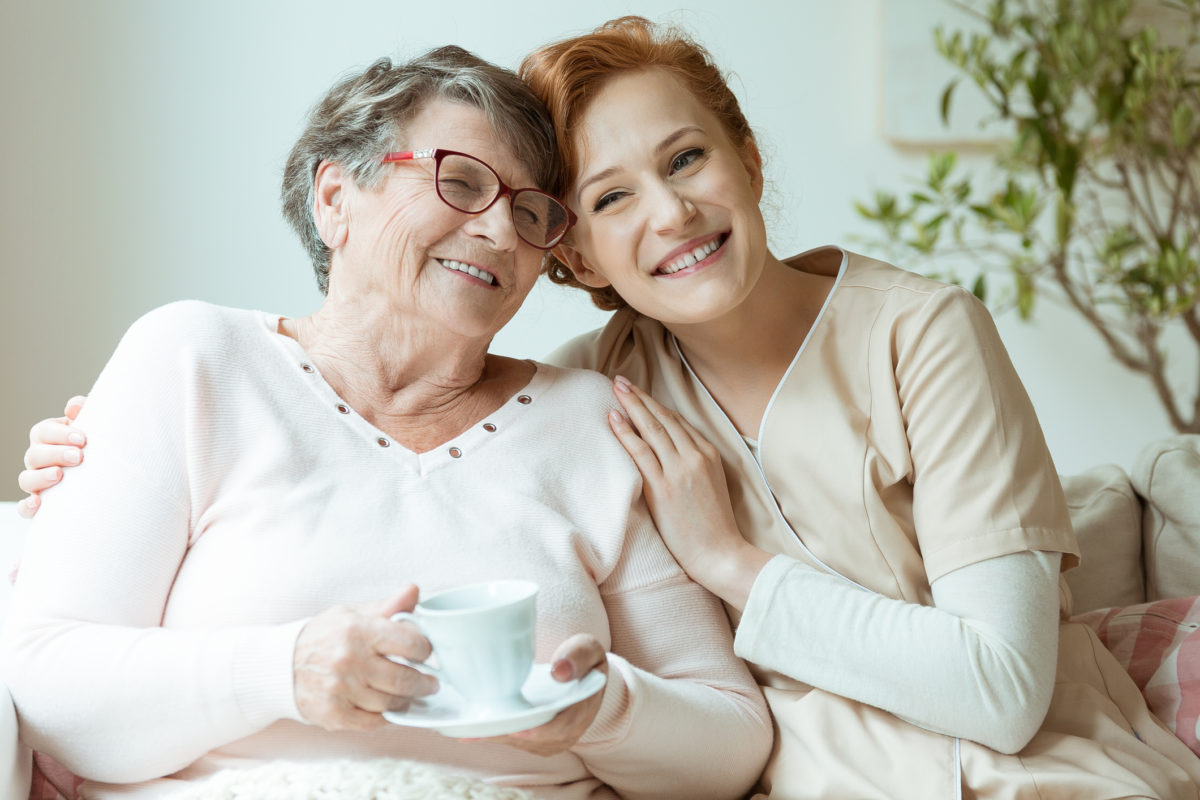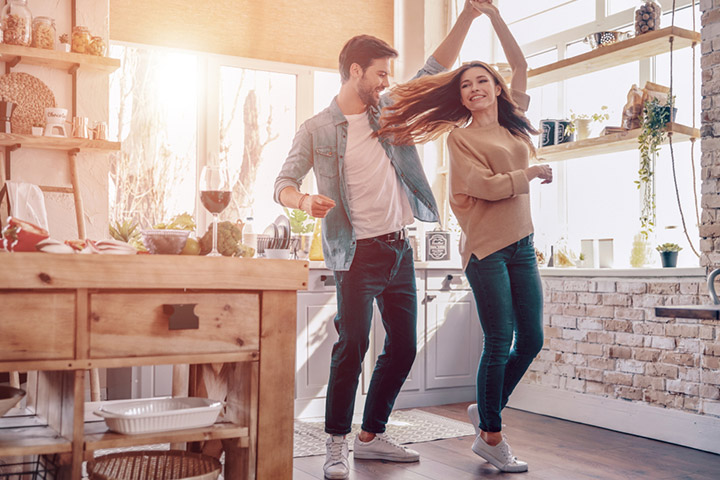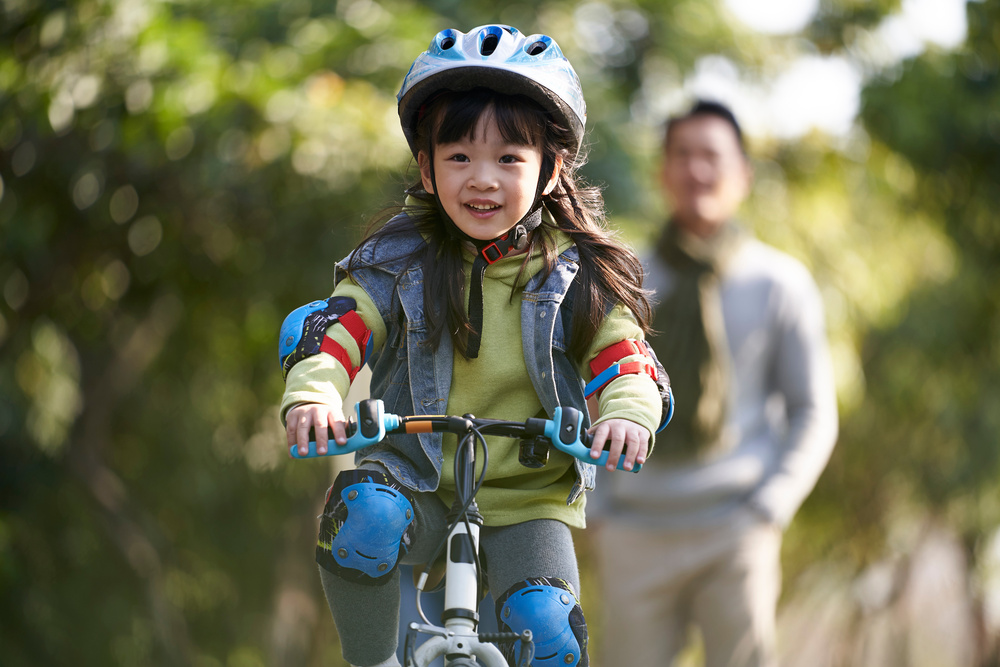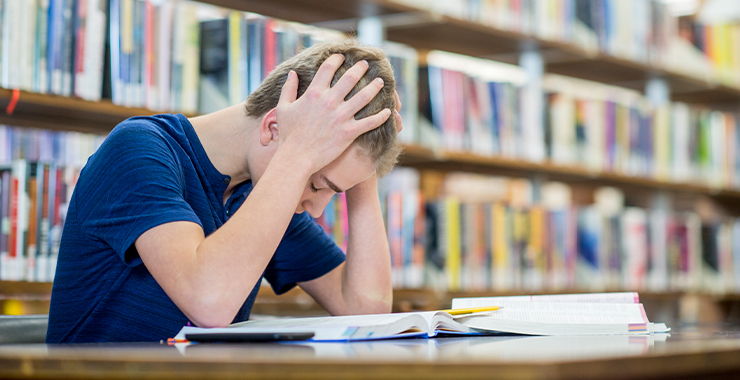How to Keep Your Elderly Relative Safe at Home

Before moving into a care home, elderly relatives may want more time living on their own at home. Sometimes it is important to retain a degree of independence; however, this can cause a great deal of worry for the family. There are steps you can take to ensure your elderly relative’s safety while they are living at home alone.
Online resources
You can find many resources online full of must-know information. For example, Stay Safe, created by Age UK, the Royal Society for the Prevention of Accidents and the National Training Standards Scams Team, has a range of advice on common concerns such as falls, scams and fire safety.
Their home
You can mediate many risks by creating a safe home environment. The first step should be speaking to an occupational therapist, who can tell you exactly where the risks lie in their home and what to do to fix them, as well as further advice. Then you need to implement the modifications advised. This may include handrails, non-slip devices and alarm systems. Obviously, you can never get rid of all risks but you can dramatically improve the home environment for your elderly relative with some adjustments.
Ensure clutter, loose flooring and bulky furniture are secured and look into replacing door knobs with easy to use levers. Check that furniture is easy to use and seats are easy to get in and out of.
Also, check that the heating is set properly; it will probably need to be higher than usual as the elderly feel the cold more. Look into thermostats and other heating controls. Hot water can also be an area of concern, as some taps have a high risk of scalding. Consider mixing taps or investing in smart technology for remotely controlling central heating and water heating.
Lighting may need to be checked and improved upon to ensure good visibility throughout the house, taking into account the likelihood that your relative’s eyesight may deteriorate. This is particularly important for hallways and staircases where there will be a lot of movement. Proper lighting will also increase feelings of security. Consider investing in automatic lighting, particularly for outer areas. Ensure lighting is easy to adjust, especially from places where your relative will rest and sit.
Scour the kitchen to hazards and sharp objects and ensure they are easy to put away. Remove any danger of accidentally leaving appliances on by using modern tech with clear controls and built-in safeguards. Keep healthy and easy to prepare meals in the fridge and freezer.
Alarms are a good way to ensure your relative’s safety, but make sure your relative knows how to use them. There are many to choose from, such as an alarm on the kettle that sends a notification to your phone if your relative does not boil the kettle at a certain time – great for those with relatives who religiously have a cuppa in the mornings. There are also personal alarms available so that your relative can quickly and easily send a message to you or the emergency services should they need to.
Ensure you keep in touch and schedule visits. However, if your relative is still feeling distressed or unsafe, it may be time to consider a care home. Look into care homes in Devon.


